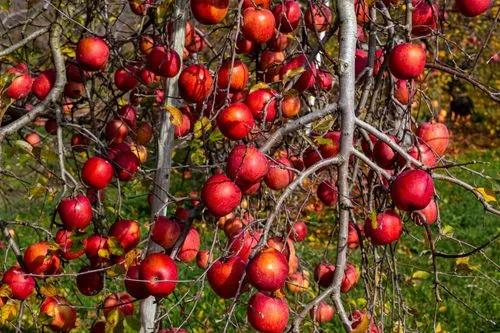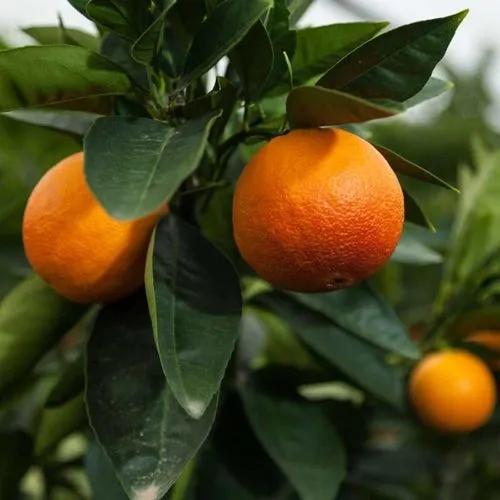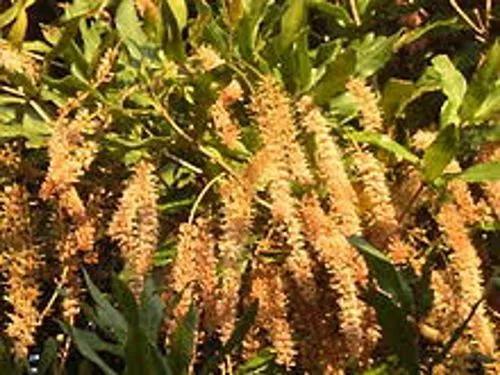Swietenia mahagoni, commonly known as American mahogany, Cuban mahogany, small-leaved mahogany, and West Indian mahogany, is a species of Swietenia native to South Florida in the United States and islands in the Caribbean including the Bahamas, Cuba, Jamaica, and Hispaniola. It is the species from which the original mahogany wood was produced. Mahogany is grown as plantation tree and sold in Timber markets in Kerala. Swietenia mahagoni is listed as "Threatened" in the Preservation of Native Flora of Florida Act. It is the national tree of the Dominican Republic.
American Mahogany Care
Swietenia Mahagoni



Mahogany is an evergreen or briefly deciduous tree that can grow up to 30 metres tall with a large, spherical crown and many heavy branches that cast a dense shade. The bole is often short and much-branched, up to 100cm in diameter, usually with a short, buttressing base up to 1 metre in diameter. The tree is deciduous in areas where it is subject to drought. Mahogany, obtained from several species in the genus Swietenia, is regarded as the world’s finest timber for high-class furniture and cabinet work. This species was the first to be discovered by the Europeans and has been exported from Hispaniola since the 16th century. It has been widely over-exploited in the wild and is now cultivated in plantations in other areas of the tropics. It is grown as an ornamental tree in various parts of India. The tree is classified as 'Endangered' in the IUCN Red List of Threatened Species(2010). The stem bark is considered to be antiseptic, astringent and febrifuge. It is taken orally as a decoction for diarrhoea and dysentery, as a source of vitamins and iron, and as a medicine to induce haemorrhage. When the bark is steeped to a red liquid, it is taken to clear the blood, increase appetite, and restore strength in cases of tuberculosis. A decoction of the bark is used externally to dress wounds caused by firearms.
How to Care for the Plant

Popularity

211 people already have this plant 16 people have added this plant to their wishlists
Discover more plants with the list below
Popular articles






